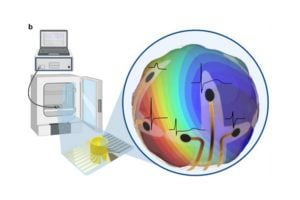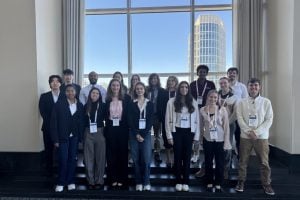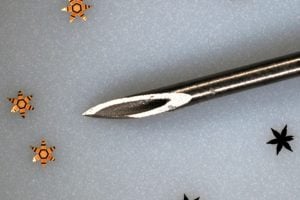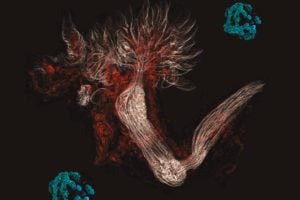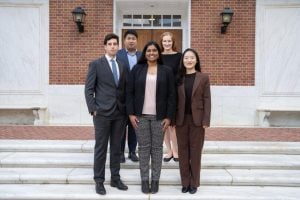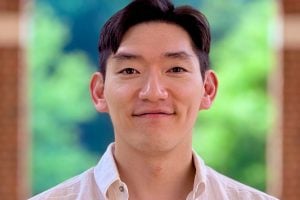Recent News
-

The annual Clarivate Analytics list recognizes researchers with publications ranked in the top 1% of citations.
-

The Perfect Blend
CategoriesData is key for distillery manager Courtney King.
-

The project aims to support sustainable recycling systems.
-

Chemical and Biomolecular Engineering Students Excel at the 2025 AIChE Student Conference in Boston
Categories19 student representatives from the department attended the conference. Students are chosen to attend by winning competitions and through merit-based applications.
-

Two chemical and biomolecular engineers have developed a new catalyst that could improve how ammonia is made.
-

The tiny metal grippers could enable doctors to spot tumors far earlier than current methods allow
-

By mapping the myriad cells in human organs with 3D precision, Denis Wirtz and his team are growing living human tissues in the lab.
-

AI, Atoms, and Ambition
CategoriesHow Hopkins Graduates Are Merging AI With Materials Science
-

Department of Chemical and Biomolecular Engineering PhD candidate André Forjaz is one of five Johns Hopkins University students named a 2026 Siebel Scholar, an honor that recognizes students in bioengineering…
